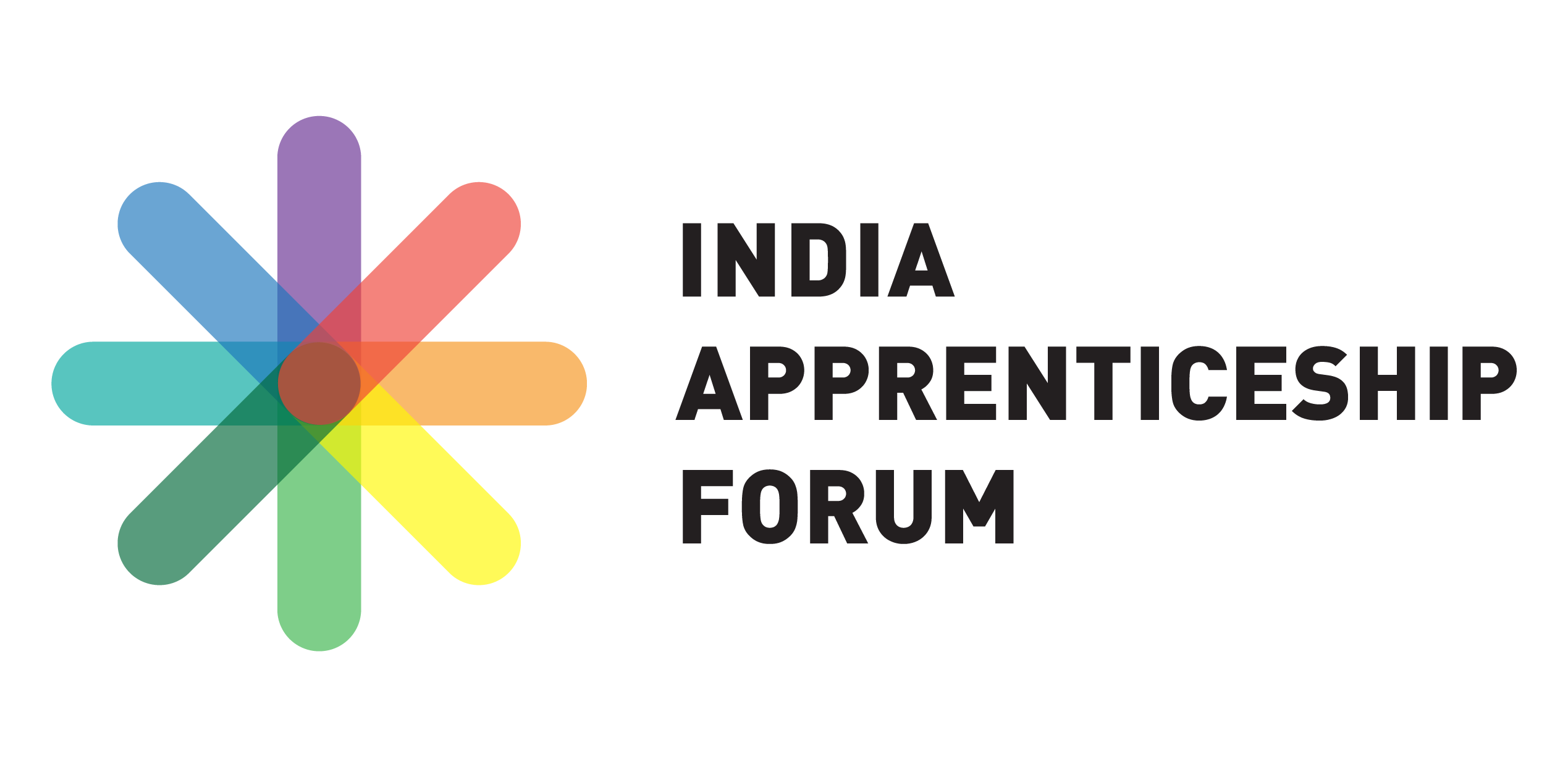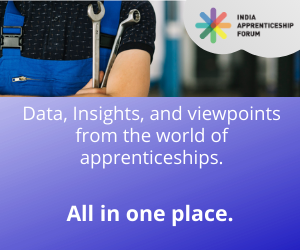Future Skills Institute (FFSI) inaugurated in Pune by Prakash Javadekar
The Future Skills Institute was inaugurated in Pune by Rajya Sabha Member of Parliament and Former Union HRD Minister, Prakash Javadekar who considered this to be an important milestone which would potentially add a new chapter to the skill ecosystem in India. The inauguration ceremony was celebrated in a grand manner with the presence of the Maharashtra Principal Secretary of Skill Development, Employment & Entrepreneurship, Manisha Verma (IAS), COO and Officiating CEO of the National Skill Development Corporation or the NSDC, along with other eminent leaders from the industry as well as various government officials and authorities. Read more.
Also Read: Indian Army in J&K Launches Vocational Training Centre for Women
Quantum computing can potentially change our world: Sandip Patel, MD, IBM India
In a recent interview with Sandip Patel, the Managing Director of IBM India, he shed light on how IBM India is working on bridging the country’s skill gap by aligning their efforts and initiatives with the Skill India Mission in order to improve the employability index of the country. Arvind Krishna, the Chairman and CEO of IBM India has also announced that going forward, all of the CSR activities of the company will be directed towards the skilling and development of the workforce. Their skilling engagements, tech initiatives, and collaborations with various partners and clients has helped reach more than 10 million learners. The SkillsBuild Platform initiative alone has helped place more than 7800 learners in the past year. Other initiatives include the Quantum Skilling and STEM for Girls collaborate with government, industry, and academia as well. Patel stressed on the intention to train over 500,000 people across the country over the coming five years in cybersecurity skills and 30 million globally by the year 2030. Read more.
Trade Unions disappointed with Union Budget 2022, terms it as ‘Anti-People’
The Union Budget for 2022 was recently presented by the Finance Minister Nirmala Sitaraman. Certain central trade unions found the budget to be “farce, anti-people and another step towards the Centre’s privatisation goal.” In a statement released by the Centre of Indian Trade Unions of the CITU, they termed the budget as having “little substance”, reflecting “insensitivity” with regards to the workers’ problems during the Covid19 pandemic. They also announced that the union will be going on a general strike on the 28th and 29th of March. The All India Trade Union Congress of the AITUC also said in a statement that, “The Finance Minister failed to give account of what happened to all the tall claims and targets set up for employment, smart cities, Skill India, double income of farmers, relief to poor and middle income groups, improvement in health infrastructure etc.” Although the Bharatiya Mazdoor Sangh, affiliated with the RSS, appreciated the focus on infrastructure development in the budget, they were mostly disappointed with most aspects of the budget. Read more.
MoU between NSDC and Common Service Centres to accelerate skill development
In a move to speed up the skill development in India, the NSDC or the National Skill Development Corporation and the CSC or the Common Service Centres have signed a pact for the delivery of such services. According to an official statement, “The NSDC has signed a memorandum of understanding with the Common Services Centres today to collaborate for the delivery of services related to various skill development programmes to the youth in rural and remote areas of the country.” Under this partnership, the CSCs, acting as a skill desk at the village level, will educate about the many skill development programmes available. They will also carry out registrations for eligible candidates for the training and distribute certificates for the same. Ved Mani Tiwari, the COO of NSDC, said, “Through CSC, NSDC will be able to identify skill seekers at the grass-root level and connect them with the right skilling opportunities in the ecosystem.” Read more.













